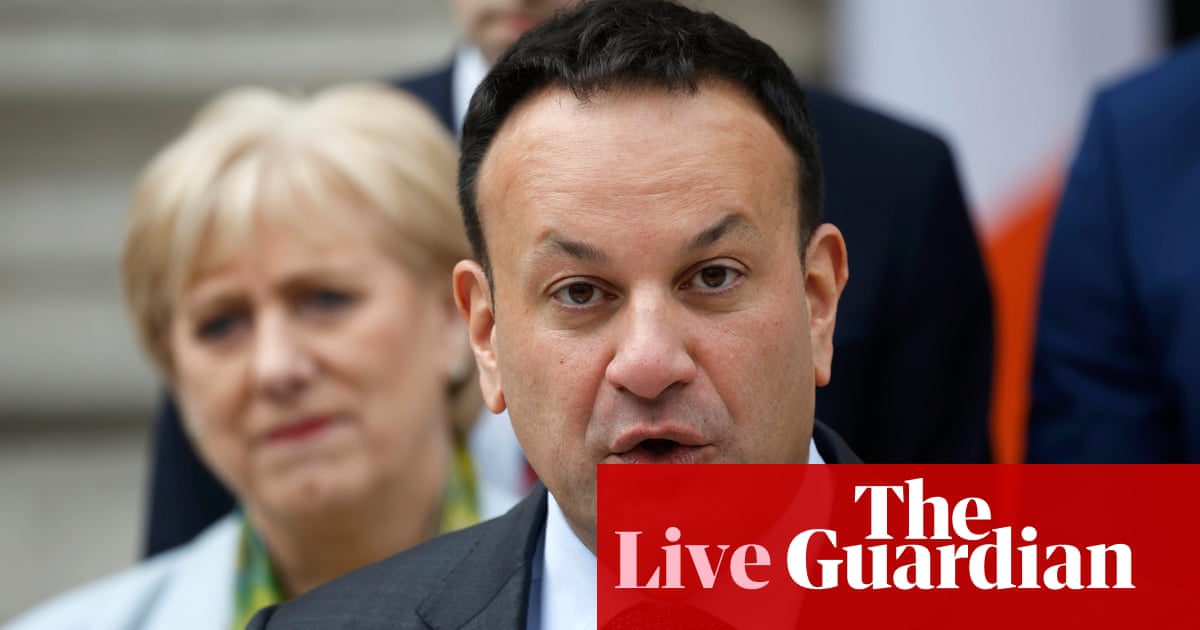
BEIRUT, June 20 (Reuters) - The leader of Lebanon’s biggest Christian political party said on Sunday he still wanted Prime Minister-designate Saad al-Hariri to form a new government, and blamed political opponents for months of political paralysis.
Lebanon"s politicians have argued over the structure of a new government since the last one quit in the aftermath of the devastating August 2020 Beirut port explosion, leaving the country adrift as it sinks deeper into economic crisis.
Veteran Sunni Muslim politician Hariri was named premier for a fourth time in October, promising to form a cabinet of specialists to enact reforms needed to unlock foreign aid, but the process has stalled over nominations of ministers.
"We want a government today, not tomorrow and with the leadership of Saad al-Hariri," Gebran Bassil, leader of the Free Patriotic Movement, the biggest Christian bloc, said in a televised address on Sunday.
Bassil, who is also President Michel Aoun"s son-in-law, said his bloc had made concessions but opponents were pushing to prevent the president from naming a single minister.
He appealed to the leader of Lebanon"s powerful Shi"ite movement Hezbollah, Sayyed Hassan Nasrallah, to step in.
Hezbollah, listed as a terrorist organization by the United States, is a political ally of Basil"s party. It has repeatedly called for the formation of a government, urging all those involved to offer concessions.
"I want Nasrallah to be a judge because I trust him and his honesty," Bassil said. "He knows how much we conceded on the cabinet formation."
Bassil was hit with U.S. sanctions last year for alleged corruption and his ties to Hezbollah. The European Union"s foreign policy chief said on Saturday the bloc may also impose sanctions on Lebanon"s political leaders if they fail to break the government deadlock, though he did not name any individuals. read more
The political impasse has prevented Lebanon launching reforms that potential donors insist are a precondition for aid. Meanwhile foreign reserves are running out and fuel shortages, power cuts and gaps in medical supplies are spreading.
Under a sectarian power-sharing system, the president must be a Maronite Christian and the prime minister a Sunni Muslim.
Bassil said some politicians were trying to freeze Aoun out altogether, preventing him from choosing any minister and turning the president into "a picture on the wall... to be broken when necessary".












